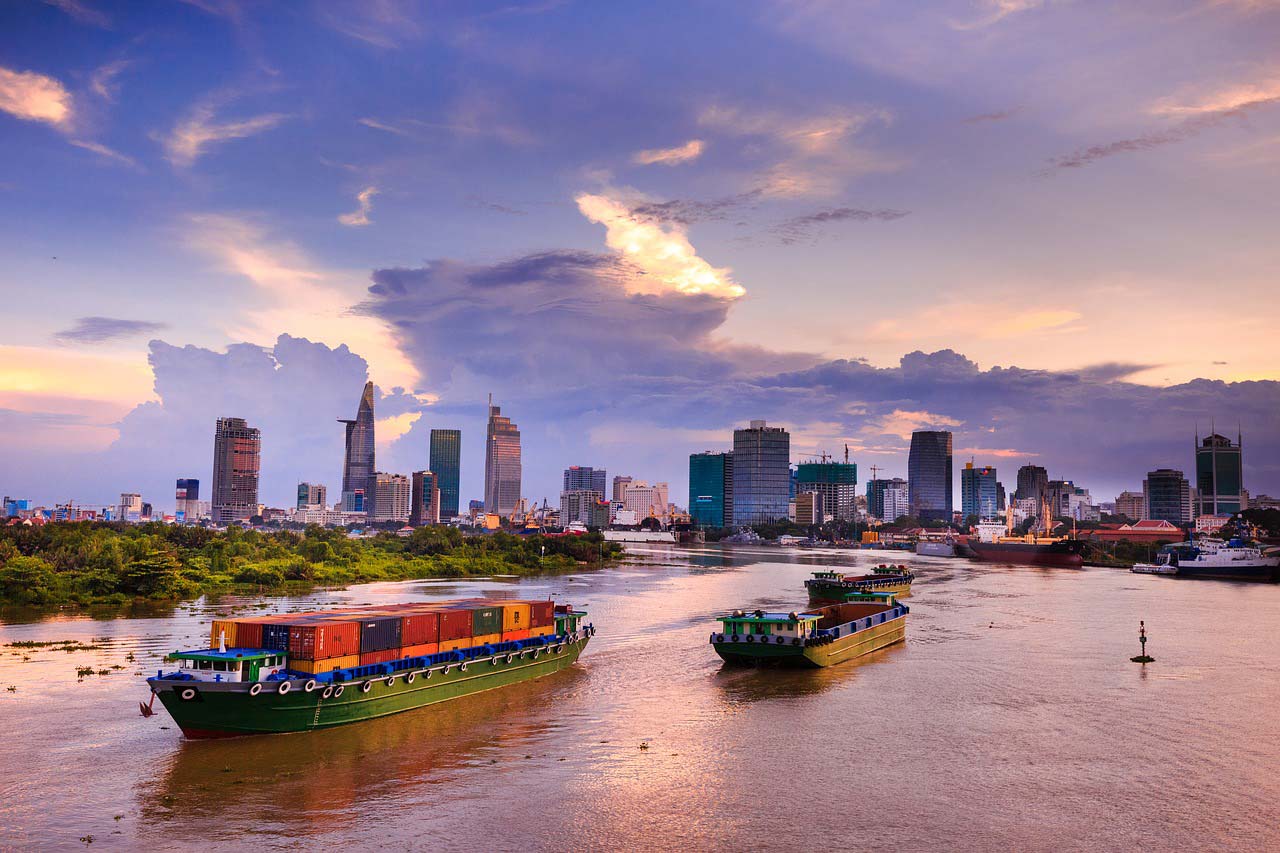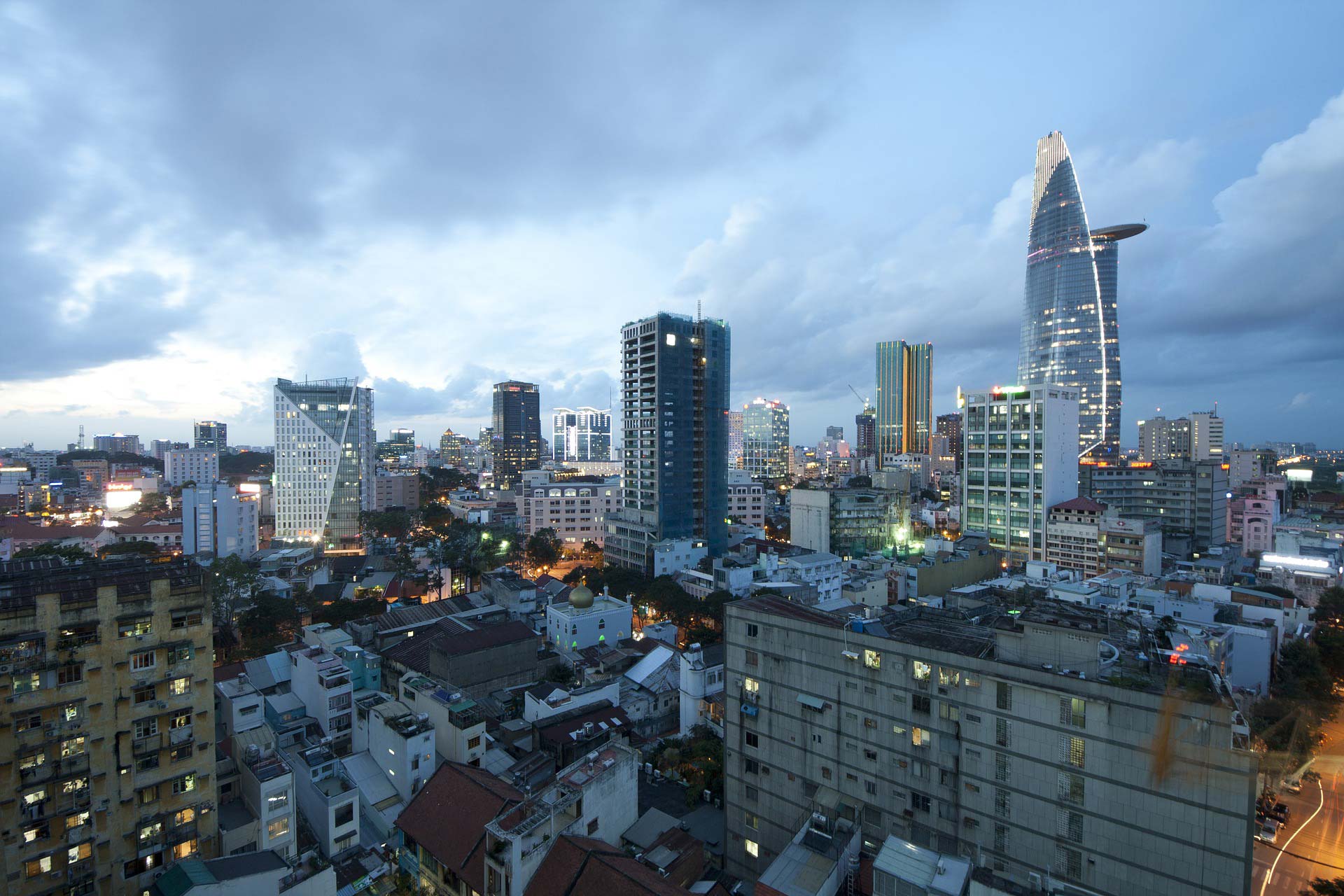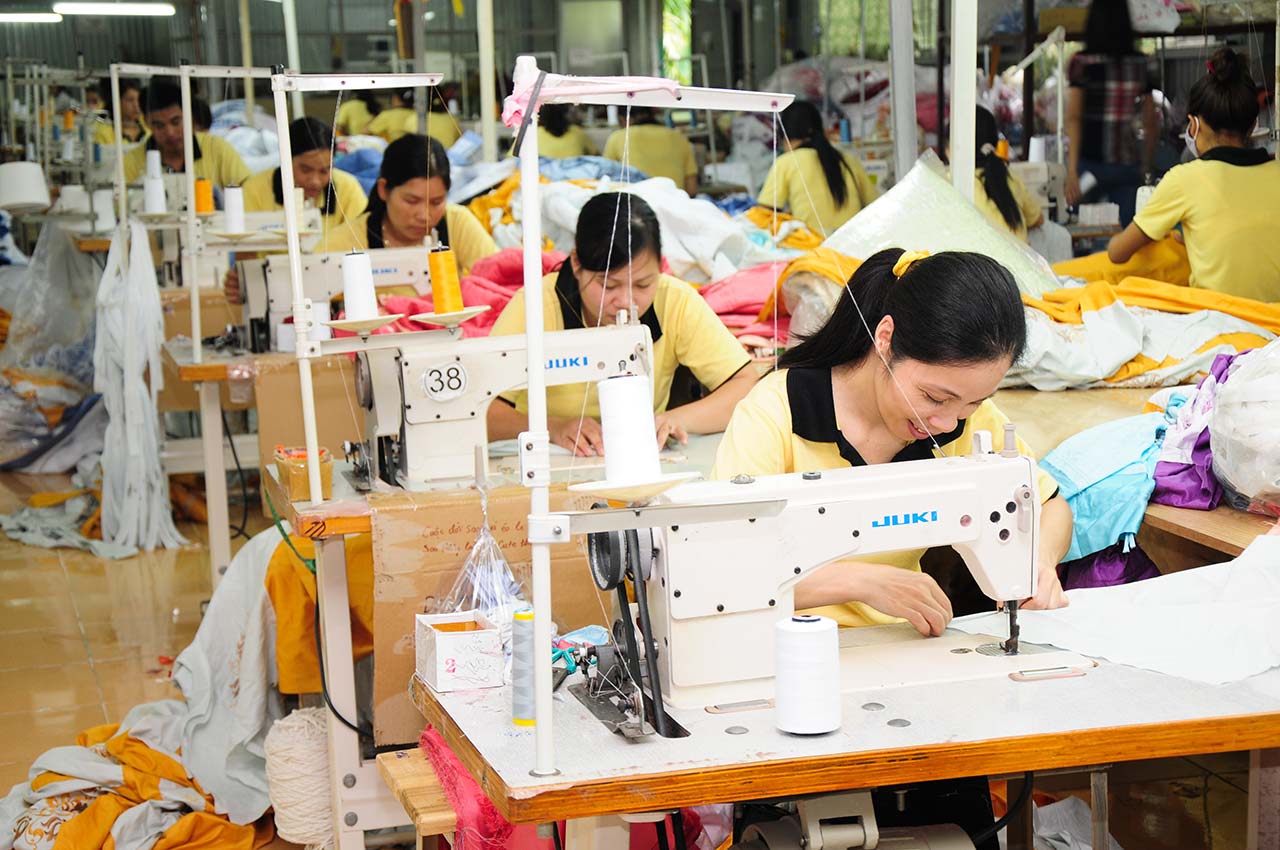On August 30, the interim financial results of Evergrande Collection Co., Ltd. (Evergrande Group of China) were announced.
The report stated that the uncertainty of asset sales was noted and that sales were still sluggish.
With total assets of 2,377,575 million Chinese yuan (as of the end of June 30, 2021) and 40 trillion yen in Japanese yen, it is one of the world's largest megacorporations.
Total debt is 1,966,534 million Chinese yuan (as of the end of June 30, 2021), which is approximately 33 trillion yen.
Recently, it has been reported that the holders of Evergrande corporate bonds are repaying money and surrounding the head office building, and I am reading the topic.
I was unable to pay interest on corporate bonds, which led to this situation.
I am currently based in Vietnam and provide accounting services, but I still lived in Hong Kong and mainland China and worked as an accounting consultant. Also, there are still Chinese customers, and I was very interested in them. Through this columnI will introduce you.
What kind of company is the Evergrande Group in China?
Evergrande is a company that was founded in 1996 and has grown rapidly over the last 24 years.
Focusing on condominium development, we are developing cultural tourism, health and wellness, and EV cars (listed in Hong Kong).
It was named to the Fortune Global 500, and in 2019, it was ranked 3rd in the 2019 China Top 100 Private Enterprises.
In 2020, it was selected for the same ranking and has annual sales of 800,000 million yuan (13 trillion yen) and operating profit of 47,761 million yuan (about 800 billion yen). The number of employees on a consolidated basis reaches 140,000.
Sanjo Red Line (Sando Red Line), The trigger for the bursting of the Chinese real estate bubble
In August 2020, a policy of stricter lending was decided, which is the three red lines of the "Sanjo Line".
It will be implemented from January 1, 2021 and aims to reduce the debt of the target companies by June 2023.
Sanjo Line (Three-way line)
70%
Two-Year Debt Ratio 100%
Three debts, short-term debt, small amount of money 1
Sanjo Red Line (Sando Red Line)
First, the debt-to-asset ratio exceeds 70% (excluding advance payments)
Second, the net debt ratio exceeds 100%
Third, the ratio of short-term debt to cash is less than 1.
Cash Interest-bearing Debt Ratio = Cash / Interest-bearing Debt <1
The simple explanation is that the first is that the capital adequacy ratio should exceed 30% at least, and the second is that the capital should be larger than the debt.The third is to secure enough cash to repay interest-bearing debt (borrowing with interest).
According to these three conditions, it is classified into four ranks: green, orange, yellow, and green.
This area seems to be the term "normal destination", "need attention destination", "bankruptcy concern destination", and "substantial bankruptcy destination" that appear in the Japanese bank drama Naoki Hanzawa.
According to this classification, the bank's lending policy is such that the red file is not allowed to increase the debt scale, and the debt increase rate is 5, 10, 15% in orange, yellow and green.
The Evergrande Group of China is classified as a red file and has been sentenced to death since last year.
Since this policy was announced, Taiwanese and Chinese media have been making noise about the evergrande bankruptcy.
From Evergrande's point of view, of the three ways to raise money (stocks, bank loans, corporate bonds), bank loans became unavailable and the only option was to rely on the other two or sell assets early.
* In addition to these financial law amendments, it was clear that due to the slump in the real estate industry over the past 1-2 years, it would not be possible to recover funds through sales, resulting in an early shortage of funds.
Correspondence of China Evergrande (With asset saleSuspension of payment of wealth management products)
Evergrande Group has been selling its own building in Wan Chai, Wan Chai, Hong Kong, electric vehicles listed in Hong Kong, and shares in a real estate service company, but it is said that there is no certainty of the sale. Even in Hong Kong, Wan Chai is within walking distance to Central and Admiralty, which are the financial centers (next to the police station where Mr. Agnes Chow made a speech), so I imagine that it is a considerable asset value. Will be. It would be extremely difficult to sell a building worth hundreds of billions of yen at an early stage.
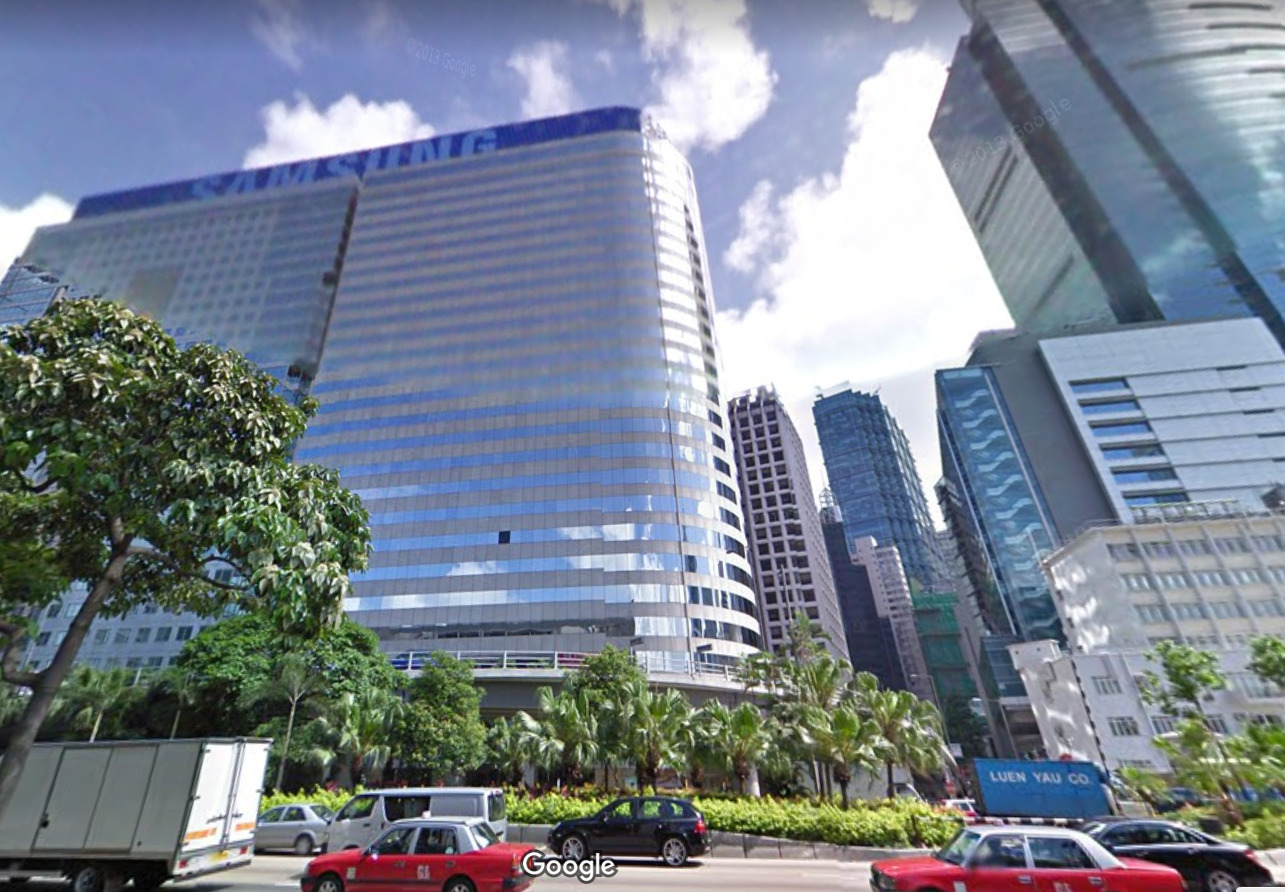
Evergrande Collection Wan Chai's Hong Kong Building Prime Area (1.5 to 3 times the price of Minato-ku, Tokyo)
Business defeated by Tatsumoto Co., Ltd. in Hong Kong
New Investor of Chugoku Hengda New Energy Automobile Collection Co., Ltd. and Hengda University Merchandise Collection Co., Ltd.
According to Chinese media reports, all bargain products (financial products) will be on September 8th.Is said to have stopped paying interest.
》 Reason products
Commercial bank Japanese financial system Self-designed parallel product
Joint contracted input of rooted products Related financial markets and related financial products
There seems to be no other way but to proceed with the sale of assets at an early stage.
Although the latest report mentions that a financial expert will be involved, in such a huge company, it is often the case that a well-known school such as Tsinghua University, which is the top in Asia, has a good job title. , It seems that there is a limit to what I can do.
Suzuki's thoughts on the Evergrande Group
Since I have Chinese customers, I was very interested in the example of Evergrande Group.
It's easy to imagine that real estate hasn't stopped rising in first-class cities such as Beijing, Shanghai, and Shenzhen, and the government has been eager to control it. Posts that the bubble burst are conspicuous in the media, SNS, etc., but to be precise, it is in the bubble, but I think it is a correct expression. If the real estate industry becomes sluggish due to the financial deterioration of the Evergrande Group, the composition will be similar to the collapse of the Japanese bubble. I just don't want that to happen why the Chinese government couldn't control it.
* This article was created on September 18, 2021.
Around the end of September, the Central Bank of China and the People's Bank of China (under the control of the State Council) requested financial institutions to stabilize the real estate market. The People's Bank of China, like other countries, aims to formulate and implement monetary policy and provide financial stability. It is expected that the government's support will become clearer in the future.
I would like to see the progress and update the information as much as possible.
Finally, it's awkward to say it myself,I think I was able to introduce the structure of the Evergrande Group in China earlier than those who are said to be experts.Recently (early October), I think that this term has gradually come to be used even in major media.
This is just an example, but the difference between our company and other companies is that we can grasp (or firmly grasp) the situation in China, which is very different.We have staff who can understand Chinese and accounting, such as transferring a factory from China to Vietnam (no translation or explanation is required for local materials in China).If you have any problems, please feel free to contact us.
* As a guarantee of objectivity, if you search for Sanjo Beni Line (Sando Beni Line) with these words, you can see that Google ranks this article at the top (higher than the major media of large companies). Actually, I was thinking about You Tube, but I wasn't ashamed to do it. I hope to update it in some way in the near future.
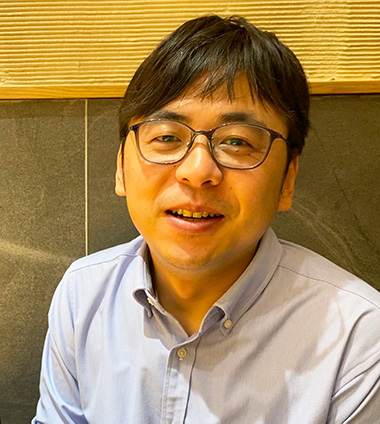
Residential land and building trader. After working at the largest Japanese accounting office in Hong Kong, he was founded independently in Vietnam.
In Ho Chi Minh City, together with fellow Vietnamese accountants, we provide real estate, accounting, taxation, auditing, and one-stop services to foreign-affiliated companies including Japanese companies.




